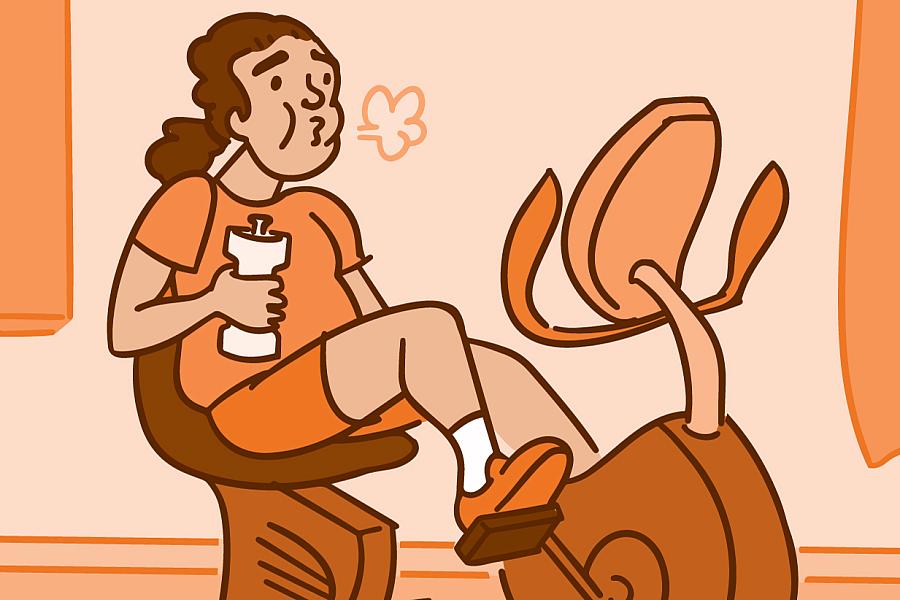Health Capsule
Milk Gland “Remembers” Past Pregnancy
A team of NIH-funded scientists found that an animal’s first pregnancy can lead to lasting changes in how Stretches of DNA, a substance you inherit from your parents, that define features such as your risk for certain diseases. genes are turned on and off in the milk-making mammary gland. The finding may help explain why humans and other mammals make more milk faster during second pregnancies.
Scientists have long been puzzled by the boost in milk production seen in second pregnancies. The mammary gland’s structure doesn’t change after pregnancy, so there must be another reason why this occurs.
To investigate, researchers gave pregnancy hormones to female mice. As expected, the mammary glands in mice that had been pregnant before grew more quickly and produced milk sooner than those of mice that had never before been pregnant.
Next, the team looked at how pregnancy affects a chemical tag that can attach to the DNA in cells. These tags are part of the so-called “epigenome.” They change how DNA is read (whether genes are turned off or on) but don’t alter the DNA sequence itself. These changes, then, affect how the body makes proteins.
In mice that had been pregnant or given pregnancy hormones, many stretches of DNA in the mammary gland had fewer of these epigenetic tags. These changes lasted for several months. They altered how the DNA was read, but only when the mice were given pregnancy hormones, suggesting that the tags only have an effect during pregnancy.
“This is an example of epigenetic memory,” says study coauthor Dr. Camila dos Santos of the Cold Spring Harbor Laboratory in New York. In other words, the changes to the mammary gland’s epigenome allowed it to “remember” that the animal was pregnant before.
The researchers are now looking at whether epigenetic changes might also explain why pregnancy reduces breast cancer risk later in life.
NIH Office of Communications and Public Liaison
Building 31, Room 5B52
Bethesda, MD 20892-2094
nihnewsinhealth@od.nih.gov
Tel: 301-451-8224
Editor:
Harrison Wein, Ph.D.
Managing Editor:
Tianna Hicklin, Ph.D.
Illustrator:
Alan Defibaugh
Attention Editors: Reprint our articles and illustrations in your own publication. Our material is not copyrighted. Please acknowledge NIH News in Health as the source and send us a copy.
For more consumer health news and information, visit health.nih.gov.
For wellness toolkits, visit www.nih.gov/wellnesstoolkits.




